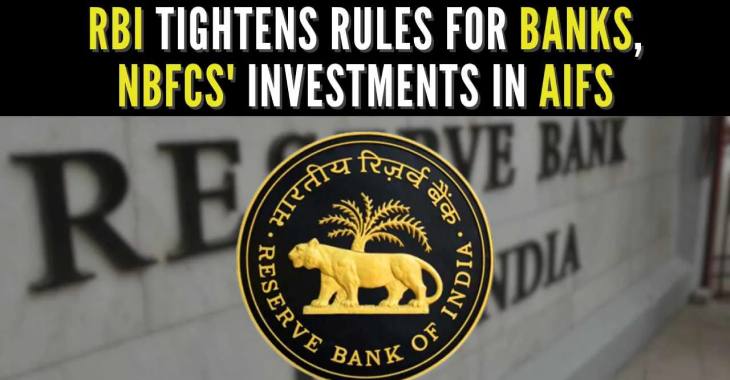The Reserve Bank of India (RBI) has tightened regulations to prevent lenders from evergreening loans through alternative investment funds (AIFs), a practice flagged by the stock market regulator. Under the new rules, lenders are prohibited from investing in AIF schemes that have invested in a borrower or investee of that lender, addressing concerns of evergreening.
According to the RBI, this move aims to address concerns of evergreening. “From now, a lender will not be allowed to invest in the schemes of any AIF that has invested in a borrower or investee of that lender,” the regulator stated, emphasizing the intention to tackle evergreening practices.
The Securities and Exchange Board of India (Sebi) had previously informed the RBI about instances of non-bank financiers evergreening loans through the AIF route, prompting the regulatory intervention. Evergreening involves masking the true extent of bad loans by allowing delinquent borrowers to take more loans and repay existing ones.
Shrishail Kittad, a partner at law firm IndiaLaw LLP, highlighted how financial institutions often invest in AIFs to circumvent rules regarding direct equity investment in borrowers. He noted, “This notification targets regulatory concern arising out of such transactions.”
The circular applies to various financial entities, including commercial banks, cooperative banks, non-bank lenders, and all-India financial institutions. The guidelines define a debtor or borrower as a company with current or past loan or investment exposure in the previous 12 months.
Jyoti Prakash Gadia, managing director at investment bank Resurgent India, emphasized the potential risks associated with AIF investments, stating, “The AIF is invested in riskier debt and other unquoted instruments that have less transparency.”
The RBI directive also mandates that lenders liquidate their investments in AIF schemes falling under the new rules within 30 days. Failure to do so will require the lenders to make 100% provision on such investments. This regulatory move reflects the RBI’s ongoing efforts to address evergreening practices in the banking sector, as highlighted by Governor Shaktikanta Das in a previous speech.



![[CITYPNG.COM]White Google Play PlayStore Logo – 1500×1500](https://startupnews.fyi/wp-content/uploads/2025/08/CITYPNG.COMWhite-Google-Play-PlayStore-Logo-1500x1500-1-630x630.png)